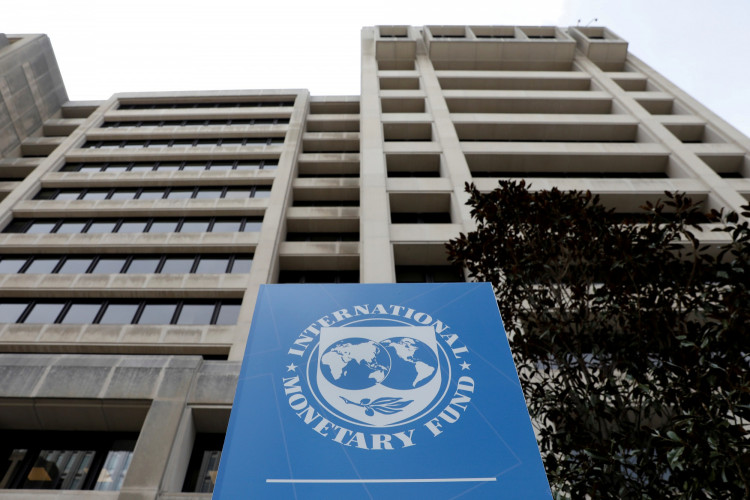In a report released ahead of the upcoming IMF World Bank Group Spring Meetings in Washington, D.C., the International Monetary Fund (IMF) has highlighted the growing influence of G20 emerging economies on global growth. The report, published as a chapter in the IMF's World Economic Outlook, reveals that domestic shocks in these countries, particularly China, are increasingly impacting growth in both emerging and advanced economies.
"Since 2000, spillovers from domestic shocks in G20 emerging markets - particularly China - have increased and are now comparable in size to those from shocks in advanced economies," the IMF stated. According to the report, domestic shocks in China alone can explain as much as 10% of output variation in other emerging markets after three years, and 5% in advanced economies.
The ten emerging economies in the G20 - Argentina, Brazil, China, India, Indonesia, Mexico, Russia, Saudi Arabia, South Africa, and Turkey - have more than doubled their combined share of global GDP since 2000. This increased integration into the global economy has led to a nearly threefold increase in spillovers since the early 2000s, with China leading the way.
However, the IMF warns that the average growth of 6% per year over the past 20 years in these countries is expected to slow, lowering the medium-term growth outlook to 3.7%. "The subdued outlook for G20 EMs risks spilling over and setting back growth and development across other emerging market and developing economies," the report noted.
The IMF's simulations suggest that a decline in productivity in G20 emerging markets can lower global output three times more than would have been the case in 2000. This is due to their increased integration into global value chains, becoming large importers of manufactured products and exporters of intermediate goods, particularly in manufacturing and mining sectors.
Positive growth surprises in G20 emerging markets can boost the revenue growth of foreign firms in sectors such as electrical equipment, machinery, and metal products that are more dependent on demand from these countries. However, faster growth among emerging markets can also lead to increased competition for firms overseas, as they expand their productive capacity downstream to make and export new goods.
The IMF report also highlights the potential for sizable reallocations of economic activity across countries and sectors in response to shocks in G20 emerging markets. While most sectors may shrink in response to a broad-based decline in productivity, particularly in Asia, spillovers are not uniform. In the case of a decline concentrated in sectors integrated into global value chains, most manufacturing sectors in the rest of the world, such as textiles, metals, and electronics, may eventually expand as firms take advantage of the decreased supply from G20 emerging markets.
As global economic power continues to shift, the IMF calls for effective multilateral cooperation and international policy coordination to manage spillovers and minimize fragmentation risks. Policymakers are advised to maintain sufficient buffers and strengthen policy frameworks to manage potential shocks while deploying inclusive policies to facilitate efficient labor reallocation across sectors and mitigate any harmful distributional impact of the spillovers.
"The growing role of all G20 emerging markets means that others can help support the world economy," the IMF noted, adding that a plausible growth acceleration in these countries could generate positive global spillovers and boost world growth by half a percentage point.






